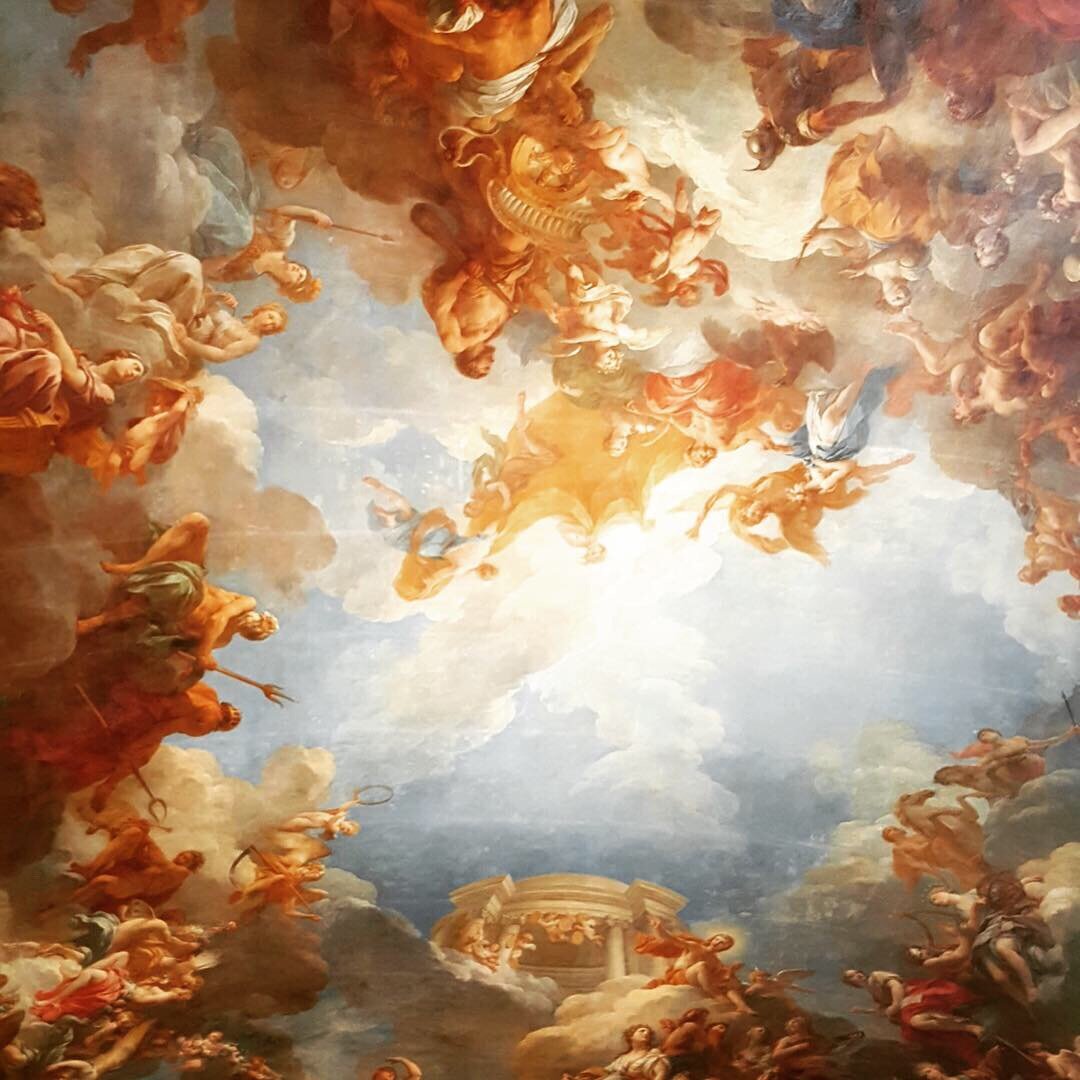Book Review of The Bookseller of Florence: The Story of the Manuscripts That Illuminated the Renaissance by Ross King
UPDATED: 10/13/2025
[Disclosure: This review includes affiliate links. Purchases made through the link may provide a commission to us at no cost to you.]
496 pages, published in April 2021
YOU MAY ENJOY THIS BOOK IF YOU LIKE:
European History * Italian History * Obscure History * Florence, Italy * Etymology * Renaissance History *Islamic/Christian Renaissance History
TRAVEL INSPIRATION:
As the title of this work suggests, Florence, Italy, is at the core of this tale. Renaissance Florence is brought to life through descriptions of the bookseller’s shop and surrounds. The politics, religion, and social concerns of what we know of today as Italy (but at the time was comprised of separate city-states) run in strands throughout the book as well. Of course Florence and Italy were not an island and the broader matters of the day described in this book go well beyond its borders.
Several sites described in the book can be visited in today’s Florence, including San Jacopo di Ripoli, Vespasiano da Bisticci’s barely marked tomb in Santa Croce, and Vespasiano’s bookshop, which is now a pizza restaurant.
I have not personally visited Florence or Italy for that matter. In fact, we were supposed to travel to Rome in March 2020 but had to cancel that trip due to the emergence of COVID-19. After reading this book, I have a stronger interest in going to Florence and hunting down some of these spots, as well as, of course, its many other famous sites.
ABOUT THE AUTHOR: Ross King
The Bookseller of Florence is the next in the line of Ross King’s history-inspired tomes. King began his writing career with two novels in the 1990s and then shifted his focus to non-fiction. The consistent theme running through all of his works is bringing to life the lesser known aspects of history. While the Italian Renaissance is the most commonly appearing trend in King’s books, he has also written on topics as varied as French Impressionist painter Claude Monet and 20th century Canadian history. King has won several awards for his books, which have also featured on bestseller lists.
With a PhD in eighteenth century English literature, it is no wonder that King’s attention veered in the direction of Vespasiano da Bisticci, the subject of his latest endeavor, and an important contributor to the history of books.
REVIEW OF The bookseller of florence: the story of the manuscripts that illuminated the renaissance BY ross king
Ask anyone who grew up immersed in Western history: Who invented the printing press? Chances are, they will pull out the German mouthful: “Gutenberg!” The exclamation point is there purposefully because this hypothetical former student is proud to demonstrate this information, to show that they do remember something from school. But ask any number of follow-up questions: What was the book industry like before the printing press? How did it shift afterwards and in what way? What was the importance of books in the Renaissance - to whom, about what, to what end? And to those, you are likely to get a questioning cocked head in response. Perhaps someone will mutter Luther? under their breath since the invention of the printing press has often been intimately tied to the later Protestant Reformation.
I am somewhat ashamed to say that as much as I have always loved reading, books, and all-things-word-related (the joy of etymology!), I have neither wondered about the answers to any of these questions nor identified them as questions needing answering. Until now. The description of Ross King’s book piqued my interest and opened up this world of the so-called unknown unknowns: the information I never knew I was missing.
The Bookseller of Florence: The Story of the Manuscripts That Illuminated the Renaissance is a story about the preservation and attainment of knowledge, seeking modern meaning through ancient philosophy, and the craft of book-making, all told through the story of Florence's Vespasiano da Bisticci (1421-1498).
In addition to being incredibly prolific as a book-maker and book-seller, Vespasiano was well-known and well-respected in his time. Vespasiano’s career started as a youth when he began working in a bookshop. King describes the varied purposes of a Renaissance bookshop, much different than what we think of today. Bookmakers were an industry unto themselves, not only a retail establishment. They first located manuscripts based on client requests or their own interests, found a reliable and artful scribe to copy the manuscript by hand, pulled the final product together into a book format, and more. There were other decisions in the making of manuscripts: whether to write on paper or parchment (animal hides), each of which had their pros and cons. Even the locating of manuscripts to copy was a complex task. It required hunting books across Europe, and comparing various texts to determine which stayed the most true to the original (as texts degraded with multiple copies and errors in penmanship or translation). Not only were manuscripts written in beautiful text, but they were also illuminated with artwork. While much older and dating to the 9th century, the Book of Kells is a well-known example of an illuminated manuscript.
The Bookseller of Florence is both a work of history and contemporary (Renaissance) society. The book covers the evolution and history of manuscripts, the evolution of writing from the days of papyrus, and the etymology of words and expressions used today that harken to these earlier times. I found all of that history fascinating. As an example of some of the advances that Vespasiano himself was responsible for: he created the concept of a title page that is the norm in modern books, and he also developed updated script to make reading easier for his audience, who struggled with the densely packed Gothic script that was previously popular.
Because Vespasiano lived in a very educated and literate Florence at an important time in its history, he had a front row seat to the goings-on and had personal relationships with some of the most well-known and powerful individuals and families of the era. Vespasiano helped powerful men (e.g., several popes) and families (e.g., de Medici) create libraries, created original works for them on commission, and engaged in intellectual sparring in the salon-type atmosphere that surrounded his shop.
Vespasiano was only in his 20s when Gutenberg’s printing press first cropped up in Mainz, Germany. While the impact of the printing press began to be felt somewhat immediately, it was only in small doses and took time for other printers to open their own sites in cities across Europe. Florence actually was pretty late to the game in getting a printing press, which emerged through the efforts of Fra Domenico and the nuns of San Jacopo di Ripoli. King explores the intermingling of the two forms of book-making and how there was not immediate competition between the two in the way you might suppose.
There is much more packed into this well-researched and footnoted work of non-fiction including complex politics of Italian factions, the ever-evolving role of the Christian church in the perception of secular works, and the larger threats to Christian Europe by the encroaching Ottoman janissaries. While Vespasiano forms the backbone of this tale, the book itself diverts attention to these other matters, sometimes in a fair amount of detail, before circling back. While these diversions are interesting, at times they could be a bit jarring and made the flow of the book feel less cohesive to me. This is my only complaint and a minor one at that since Vespasiano’s placement in the wider world is also important.
I read this book on a Kindle that I just purchased after eschewing them for years in favor of tangible books. I am reading more advanced reading copy (pre-published) books these days, and most are available only on Kindle or other e-reader options. I say this to say: Will someone be writing about us in the centuries ahead, describing the transition from physical books to cloud-based and whatever unimaginable future technologies are to be developed? Will the details of that story even be given the time of day or will it be a mere footnote? It is hard to know what milestones of our times will be flagged for future consumption like the perhaps outsized attention placed on a one-time event of “Gutenberg invented the printing press”. Ross King deserves accolades for bringing this much more thoughtful and nuanced story to light. I will never think about books the same way again, which is to say that Bookseller of Florence is an incredibly impactful work.
DISCUSS The bookseller of florence
This book provides some interesting descriptions of how women were expected to behave and were treated in Renaissance Florence. Which elements were most surprising?
Click image below to save this review to Pinterest for later!
Check out our other reviews of books set in Italy:
Check out more reviews of non-fiction






